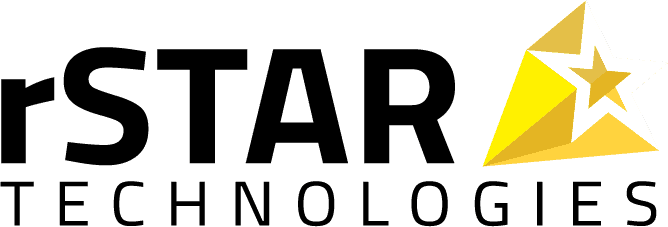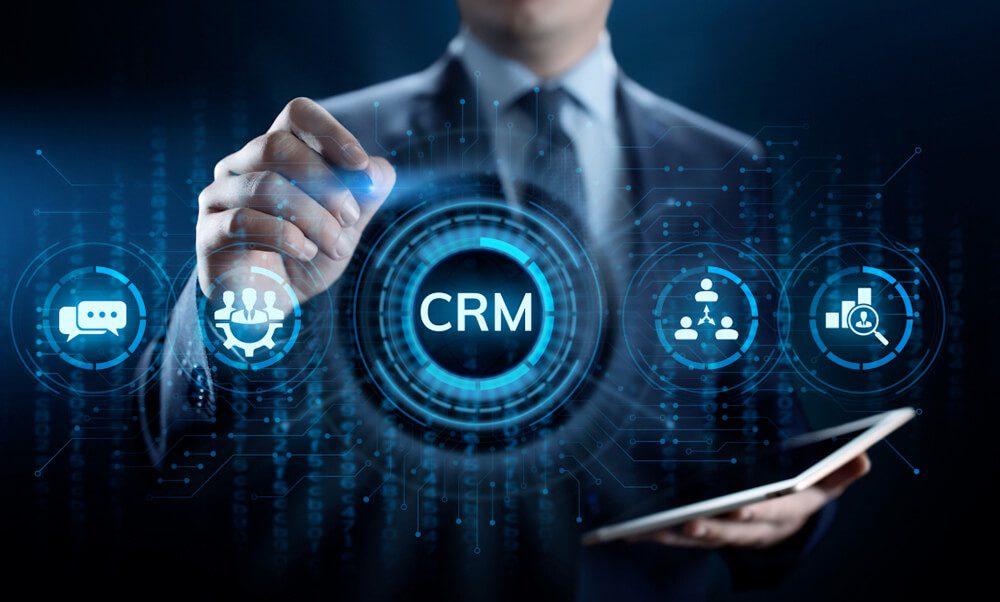Customer Relationship Management (CRM) systems are essential for businesses looking to improve customer interactions and streamline processes. However, implementing a CRM system is challenging. Data migration and integration complexities are two of the biggest hurdles companies face. These issues become especially significant when integrating CRM systems with Enterprise Resource Planning (ERP) platforms like Oracle, Microsoft Dynamics, etc. This article explores how businesses can overcome these challenges to achieve unified business insights with CRM and ERP integration.
Table of Contents
The Challenge of CRM Implementation
CRM systems, like Salesforce Service Cloud, allow businesses to manage customer data and interactions more efficiently. However, before these benefits can be realized, companies must navigate implementation challenges, especially data migration and system integration.
Data migration involves transferring all existing customer data into the new CRM system. At the same time, CRM integration focuses on connecting the new system with other business-critical platforms like ERP. Both processes are complex and require careful planning and execution.
Data Migration: A Critical Step in CRM Implementation
Data migration is one of CRM implementation’s most critical—and often overlooked—steps. Businesses may have accumulated years of customer data in legacy systems. This data is usually inconsistent, incomplete, or redundant, which can slow down the migration process.
When moving to a new CRM, such as Salesforce, companies must clean and standardize their data. This process involves correcting errors, removing duplicates, and ensuring the data is formatted correctly for the new system. Failing to address these issues leads to significant problems post-migration, including duplicate customer records or incomplete profiles.
Furthermore, businesses need to ensure that sensitive customer information is transferred securely, with no data loss. Compliance with regulations, like GDPR, is critical during this process to avoid legal and reputational risks.
The Complexities of CRM and ERP Integration
Integrating a CRM system with an existing ERP platform, like Oracle or Microsoft Dynamics, is another major challenge for businesses. CRM and ERP systems handle critical business functions—CRM focuses on customer interactions and sales. At the same time, ERP manages operations like inventory, finance, and supply chain. To get the most out of both systems, they must be able to communicate with each other.
CRM and ERP integration ensures customer data flows seamlessly between the two systems. For example, when a sales team closes a deal in Salesforce Sales Cloud, the information should automatically update the ERP system to reflect changes in inventory, order processing, and invoicing.
Without proper integration, teams must manually enter data into multiple systems, increasing the chances of errors and reducing efficiency. Additionally, delays in data synchronization can lead to inaccurate insights, which can harm customer relationships and slow down business processes.
Unlocking Unified Business Insights with CRM and ERP Integration
When done correctly, CRM integration with ERP systems provides unified business insights that can transform businesses’ operations. These insights offer a 360-degree view of customers, allowing different departments, from sales to finance, to access the same real-time data.
For example, a sales team can use CRM data to see which products a customer is most interested in, while the finance team can access updated payment histories and invoicing information from the ERP system. This level of visibility enables faster decision-making, improves customer service, and streamlines operations across the board.
By integrating CRM and ERP systems, businesses gain a powerful tool for managing customer data, tracking sales, monitoring inventory, and processing orders. This integration also allows companies to eliminate data silos and ensures that every department has access to the information they need to perform their jobs efficiently.
rSTAR’s Approach to CRM and ERP Integration
At rSTAR, we understand the challenges businesses face when implementing CRM systems and integrating them with ERP platforms. Our expertise in Salesforce and ERP solutions, such as Oracle and Microsoft Dynamics, enables us to help businesses overcome these challenges and achieve their goals.
For OmniMax, a major player in the manufacturing industry, rSTAR was instrumental in addressing the key challenges of CRM and ERP integration. OmniMax required better accessibility to their customer data for the customers and account managers using Salesforce.
rSTAR implemented a solution that integrated OmniMax’s Salesforce CRM with its Oracle ERP system, allowing for a seamless flow of information between sales and customers. This integration helped the company consolidate its data sources, eliminating redundancies and ensuring more accurate, real-time insights into customer interactions, inventory, and financial performance. As a result, OmniMax improved the efficiency of its customer service by allowing customers to find what they need in one place.
Best Practices for Successful CRM and ERP Integration
1. Start Early with Data Migration
Data migration should be a top priority from the start. Clean, organize, and prepare your data before beginning the migration process to ensure a smooth transition.
2. Use an Agile Approach
An agile methodology allows you to break the integration process into smaller, manageable steps. This approach reduces risk and ensures that issues are identified and resolved early.
3. Design for Scalability
As your business grows, so will your data and operational needs. Ensure your CRM and ERP integration can scale with your business, allowing for easy upgrades and adjustments.
4. Prioritize Security
Data security is critical, especially when migrating sensitive customer information. Ensure that your integration follows best practices for data protection and compliance with regulations like GDPR.
Frequently Asked Questions (FAQs)
CRM and ERP integration provides a unified view of customer data and business operations, enabling faster decision-making and more efficient processes.
Data migration is challenging because it involves cleaning and standardizing large amounts of data accumulated over many years. Inaccurate or inconsistent data can create problems during migration, leading to operational issues in the new system.
rSTAR specializes in integrating CRM systems like Salesforce with ERP platforms such as Oracle and Microsoft Dynamics. Our services streamline data migration, ensure seamless integration, and provide unified business insights that enhance operational efficiency.
Manufacturing, energy, and construction industries benefit significantly from CRM and ERP integration. These industries rely on real-time data to manage customer relationships, track inventory, and process orders.
By overcoming data migration and integration challenges, businesses can unlock the full potential of their CRM and ERP systems, resulting in improved customer satisfaction, streamlined operations, and better decision-making.



